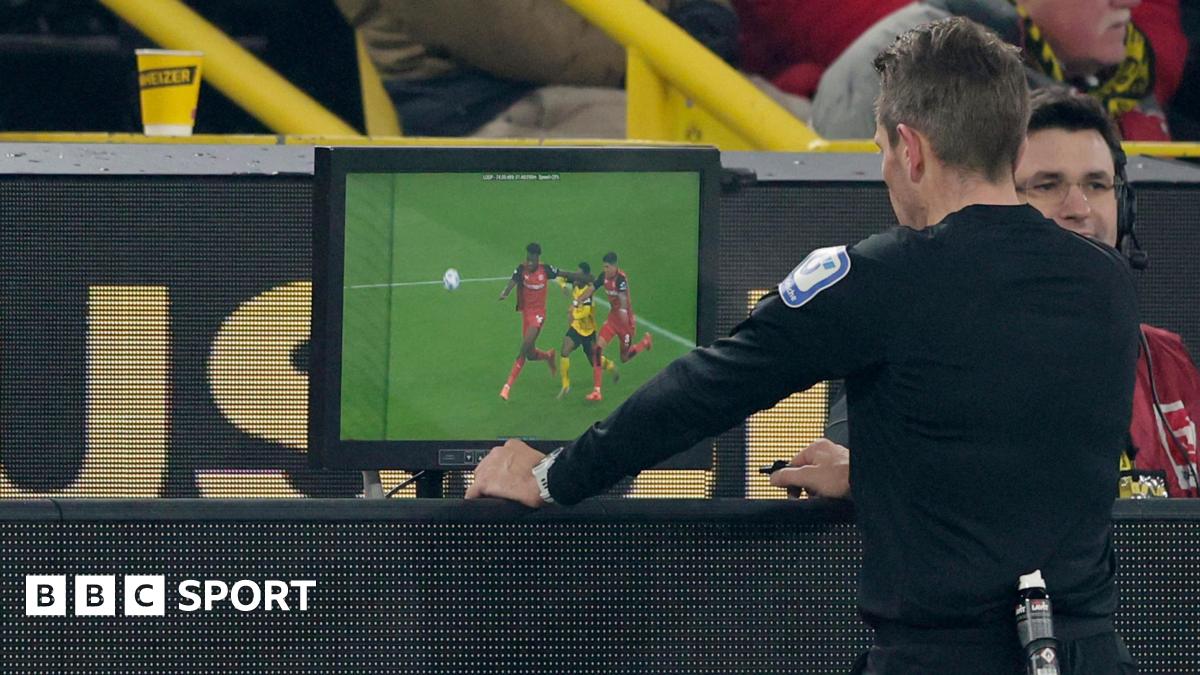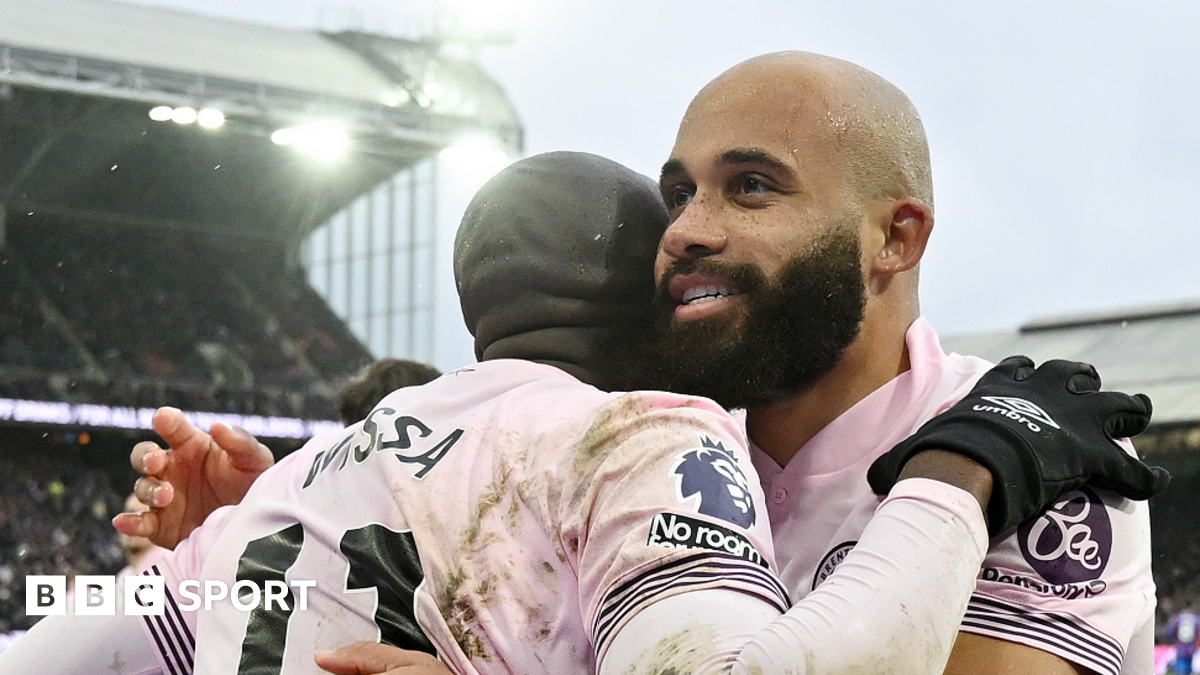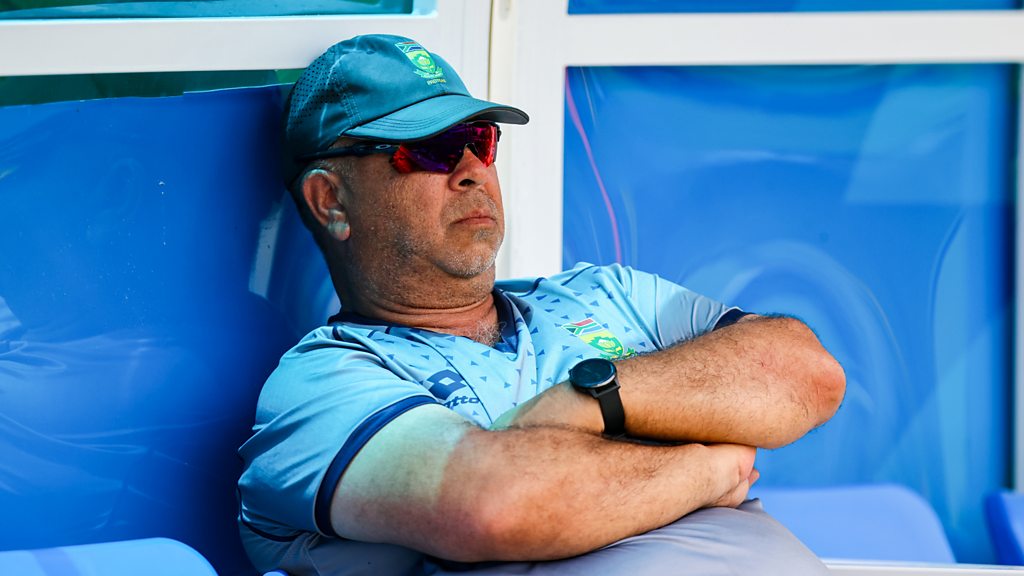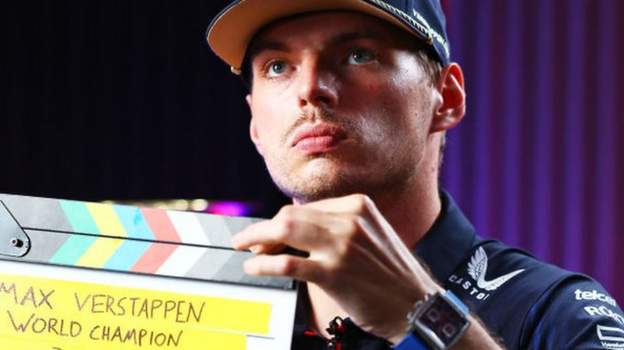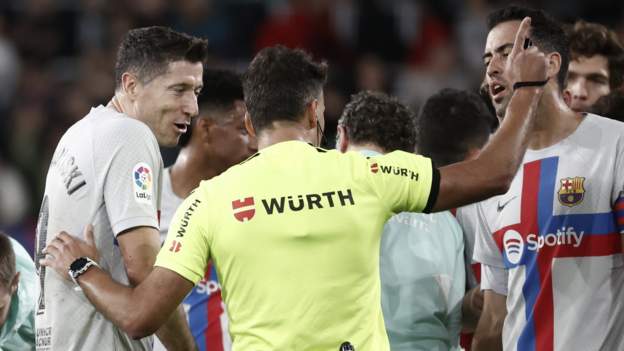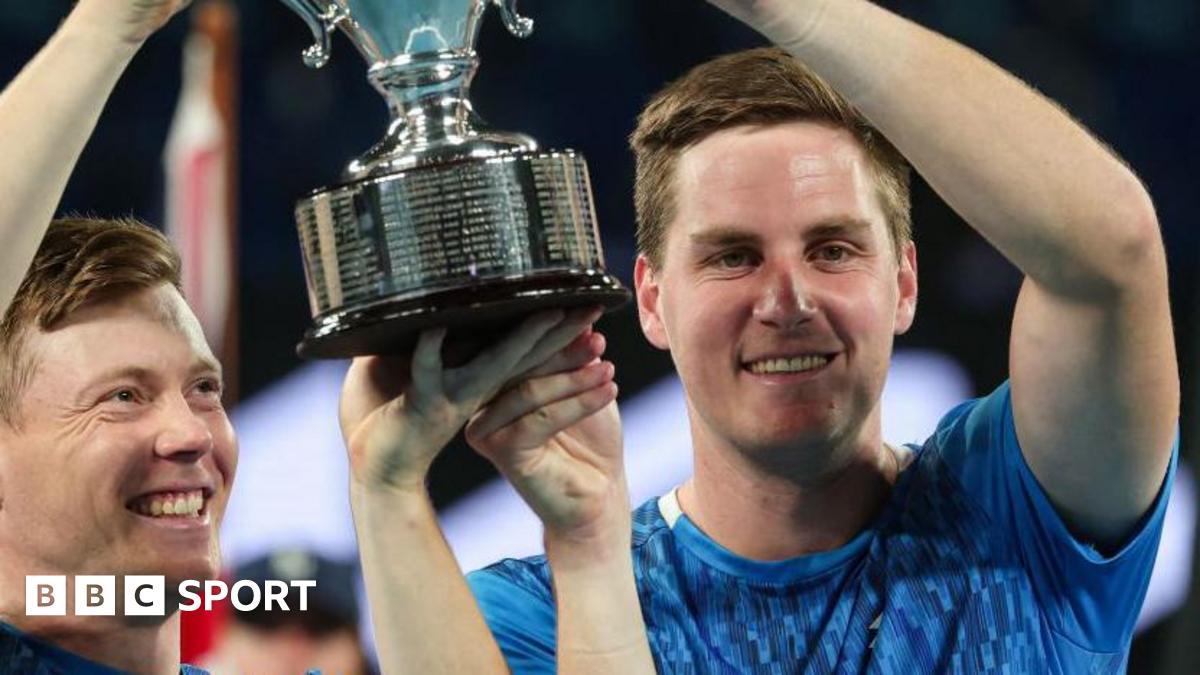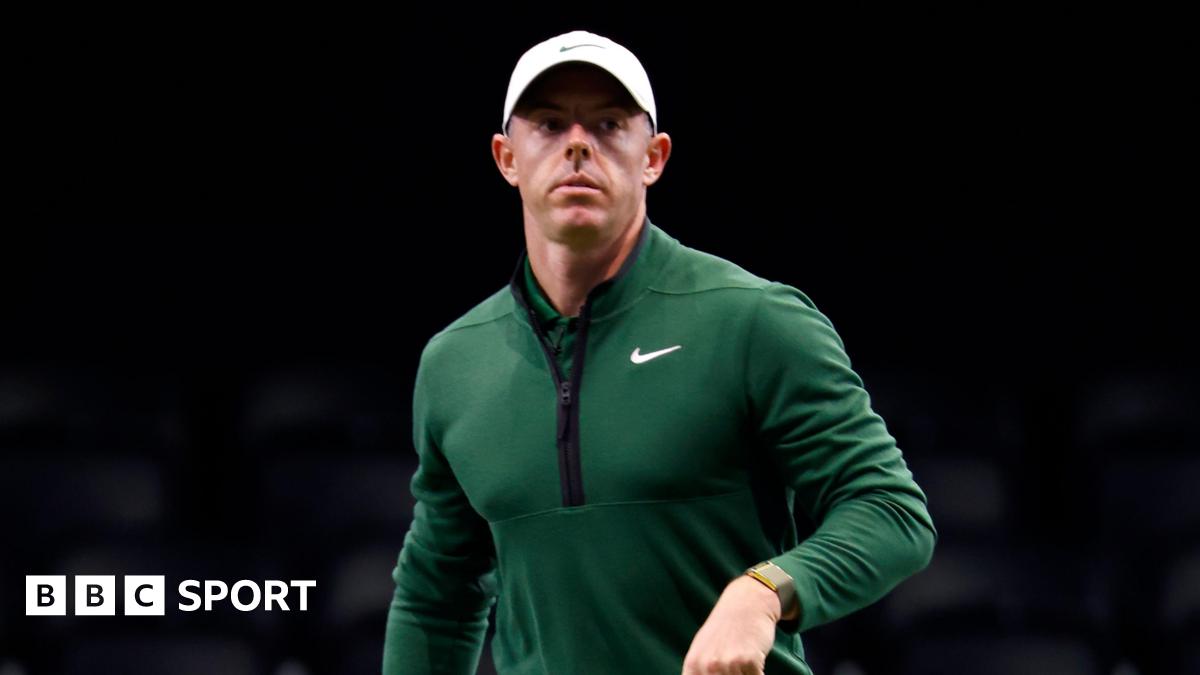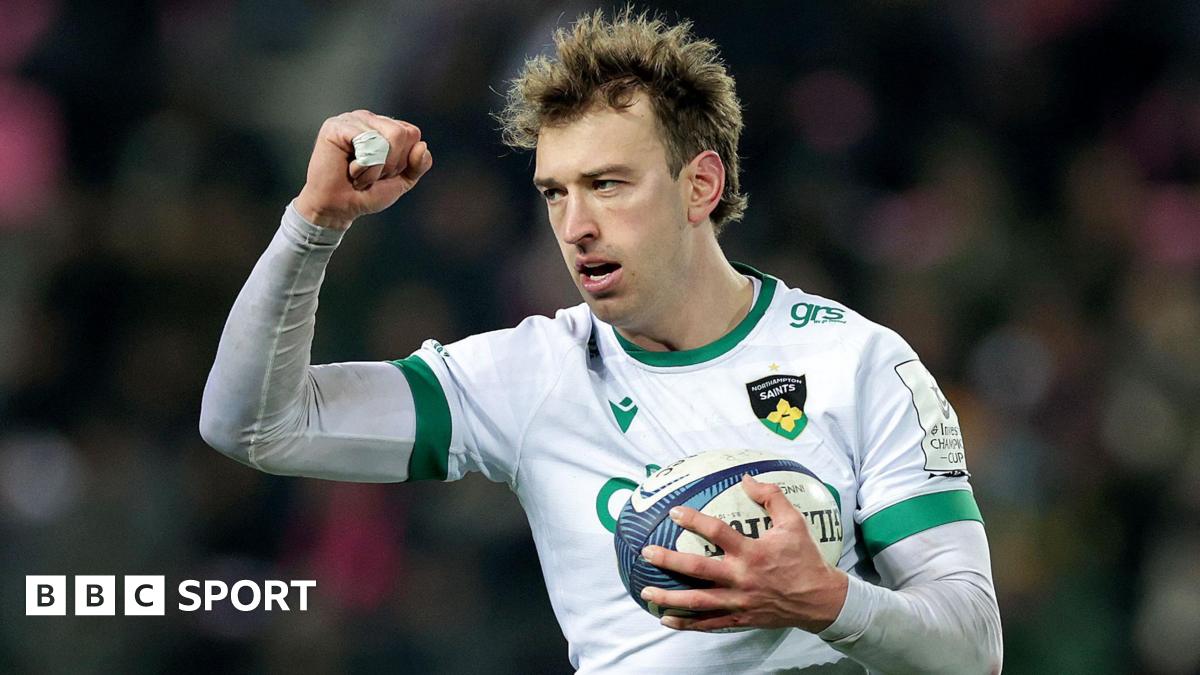Max Verstappen entered the rarefied realm of triple Formula 1 world champions with a hard-fought second place in the sprint race at the Qatar Grand Prix on Saturday.
It is a momentous achievement, that puts him alongside great names of the sport such as Ayrton Senna and Niki Lauda, achieved in what some might consider a somewhat anticlimactic manner despite a chaotic and entertaining race.
Rather than in a grand prix, Verstappen’s third consecutive title was secured in a half-hour race, part of a format invented only a couple of years ago, on a not especially remarkable track, scene of only one previous F1 event, on a flat piece of scruffy desert half an hour outside Doha.
Since this was known to be coming, such was the points situation heading to Qatar, there has been debate within F1 these past days as to the import of the manner Verstappen’s victory was set to be sealed.
But perhaps the timing of the denouement is fitting for a season whose destiny has been pretty clear since before the competitive action had even started.
That Verstappen was going to win the title again – to add to the first taken in such controversial circumstances in Abu Dhabi in 2021, and the second in dominant style last year – has been obvious from about halfway through the first day of pre-season testing back in February.
Performance in testing is usually hard to read – but the Red Bull’s speed on that day in Bahrain sounded an ominous and ultimately entirely accurate note about the way the season would go.
Everyone in F1 could see the car was on a different planet from all the others; few troubled to hide their belief in its superiority. With Verstappen in such a car, and his team-mate Sergio Perez known not to be close to his level, the season was only ever going to end one way.
As close as it gets to unbeatable
The Red Bull RB19 – created by a team under Adrian Newey, the greatest F1 design engineer in history – is one of the most dominant cars ever seen in the sport. But it has had two drivers and only one of them has excelled in it. After a bright start to the season, Perez has at times made the car look almost ordinary, as he has again so far this weekend in Qatar.
Not so Verstappen. In his hands, the car has been close to unbeatable, and the records have been tumbling all year.
Ten consecutive wins for Verstappen – from Miami in early May until Italy in September – beating Sebastian Vettel’s 2013 record by one. Fourteen in a row for Red Bull from the start of the season until their strangely off-colour performance in Singapore.
Verstappen has already won 13 of the 16 grands prix. With six still to go, starting in Qatar on Sunday, he will surely beat his own all-time record of 15 victories in a season. And perhaps he will move past both Alain Prost and Sebastian Vettel into third place in the all-time list of winners.
Universal admiration from rivals
On Thursday, as F1 personnel collected in Qatar, Verstappen’s colleagues almost lined up to praise his performance.
“He has done an exceptional job,” his 2021 title rival Lewis Hamilton said, adding that Verstappen and Red Bull between them had “raised the bar”.
For McLaren’s Lando Norris, Verstappen had performed “at 100%, 100% of the time”.
“He has said he is not the biggest fan of street circuits,” Norris said. “That’s generally where Sergio has been closer to him. But you would say he doesn’t have any weaknesses. He has done an amazing job.”
Fernando Alonso said he had “big respect” for an “incredible season”, and the two-time champion made an important point, too. So normalised has Verstappen’s success become that it is easy to underestimate what he has achieved.
“When you win so many races,” Alonso said, “and they were not easy races – sometimes they were tricky with weather conditions; we went through, June, July all the races were hit by rain – and when you make no mistakes and deliver the job every weekend, it is big respect.”
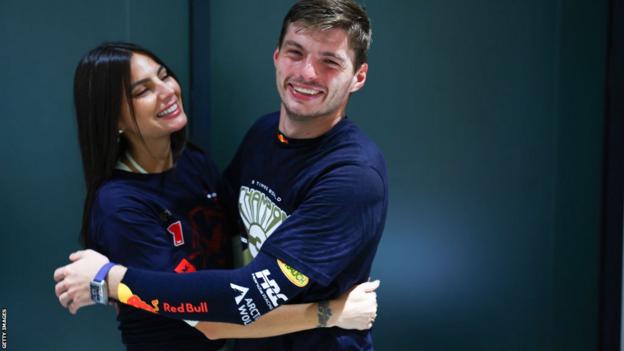
A rare level of perfection
Within F1, everyone knew Perez would have no chance of stopping Verstappen, but those perhaps less well versed in the reality of the sport might have been forgiven for being deceived early in the season.
After four races, the victory tally was two wins each for the Red Bull team-mates. But the Mexican’s second win of the season in Azerbaijan, which at the time he read as an indication that he could be a genuine title contender, was actually the death knell for his hopes.
Perez’s delusion was understandable. After all, he had out-qualified and out-raced Verstappen two times out of four.
But as Verstappen sat behind Perez in Baku, not able to quite get close enough to challenge, he was experimenting in the cockpit with the various settings changes available to a driver on the steering wheel.
Late in the race, he made a breakthrough in working out how to make the car respond in the way he wanted. From then on, even with a crash for Verstappen in qualifying at the next race in Miami, Perez never stood a chance.
Race day in Florida proved a humbling one for Perez. He started on pole, with Verstappen 10th. But by the time Perez pitted for fresh tyres, Verstappen had almost caught him. The Dutchman ran long, Perez never able to close the gap despite fresher tyres. When Verstappen finally pitted, he quickly dispensed with his team-mate and the season’s natural order was set.
It was perhaps Verstappen’s most impressive performance of the year – Verstappen himself said on Sunday it was his favourite, along with those in Belgium, the Netherlands and Japan – and while he went from strength to strength, Perez’s season unravelled.
In eight of Verstappen’s wins so far, Perez has not even managed to finish second. If that says something about the mediocrity of the Mexican’s performances, it also speaks to the excellence of Verstappen’s.
Verstappen is only the 11th driver in history to win three or more titles. He and Red Bull have utterly dominated this season, and Verstappen has achieved a level of perfection in 2023 few drivers have done before.
Within Red Bull, they are well aware of Verstappen’s quality. Team principal Christian Horner has been singing his praises all year. He said at the last race in Japan: “He’s the best driver in F1 at this point in time and everything has to come together – car, driver, team in total harmony.”
Verstappen’s performances have been so consistently impressive that up and down the pit lane, while everyone acknowledges the Red Bull is on another level from any other car, many senior figures are still asking one simple question: how much of this success is down to the car and how much Verstappen?
This writer addressed that question to Red Bull motorsport adviser Helmut Marko a little earlier this season.
“Look where Perez is,” was his response.
Perez, though, is not Hamilton or Alonso.
“No,” Marko agreed. “But there is only Lewis and Fernando. Nobody else is anywhere near this league.”
Maturity and cool added to skill and speed
The baseline of Verstappen’s remarkable success this year is his stratospherically high level of natural talent. And one of the most striking ways in which he demonstrates this is on the very first laps of any grand prix weekend.
Time and again, Verstappen leaves the pits in the opening practice session and sets a first flying lap way faster than anyone else. It is a skill he demonstrates even more starkly on circuits that are new to everyone. Routinely, he is much closer to the limit much quicker than almost any other driver.
As Marko puts it: “You see when we come new to a circuit. He comes out, first lap, bam. After a couple of laps, they are coming within a second or half a second. If it’s wet or mixed conditions, it’s even more obvious.”
That is down to innate skill, a driver’s ability to feel where the limit is immediately rather than taking time to work their way up to it.
Equally striking has been the way Verstappen’s ability has become more rounded as the years have gone by and he has grown in experience. To that otherworldly natural talent, he has added the skills of experience and maturity.
His judgement of when to attack and when to bide his time has developed rapidly. It’s this that makes the races when he comes through the field after a difficult qualifying session – such as in Miami – so impressive.
The overtaking ability and sense of an irresistible force is still there – he makes progress in such situations far quicker and more efficiently than Perez can, for example – but it is tempered by more calculation now, which makes him even more potent.
“Now he can read a race like Lewis does,” is the way Marko puts it, “whereas in ’21 he was so far (away).”
This extends to managing the car, dealing with the inevitable problems that emerge over the 90 minutes or so of a grand prix, without letting it affect his performance.
In short, Verstappen has become a complete racing driver in addition to his blinding speed, able to balance risk and reward when racing, deal delicately with his car when needed, manage tyre temperatures and so on.
“You tell him: ‘Front tyre 120C,'” Marko says. “OK, he brings the temperature down but does the same lap time. He has so much capacity left.”
There is still occasionally an impetuousness about Verstappen – notable at times this year, for example, when arguing with the team over whether to make a pit stop for fresh tyres to go after the point for fastest lap, rather than just safely bank a victory.
But Marko does not see this as a negative.
“If we wouldn’t give him new tyres, he would try it with the old tyres,” he says, “and in my opinion it is more risk than with the new tyres. We are happy that he is so hungry and so competitive.”
This determination and drive is, Marko says, “our biggest asset”.
“A lot of young people want to come to work with the team and that’s because of Max. And Newey. Newey is the holy genius but Max is the emotion.”
‘There will be a time when we are not winning’
So consummate has Verstappen been in the Red Bull that he has offered his rivals few glimpses of hope that he could be challenged.
The big one was in Singapore two races ago, when Red Bull simply failed to nail the set-up on the car on a track that was always expected to expose what few weaknesses it has, and Verstappen spent a weekend looking ordinary.
It was the only time this season such a thing could be said.
Verstappen turned 26 just over a week ago, and can be expected to only get better in the coming years. Advantages such as that enjoyed by Red Bull tend not to be closed in a single winter.
“I know of course there will be a time when you are not winning,” Verstappen said on Sunday.
It may be some time away yet.



